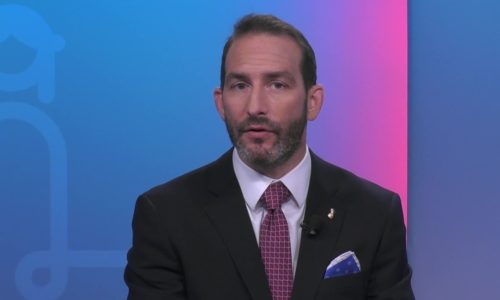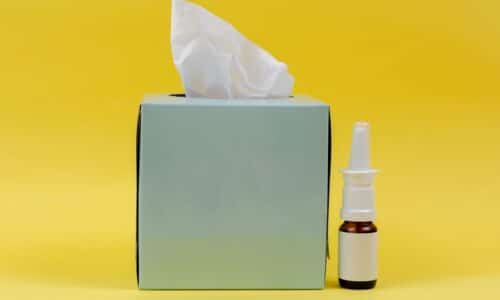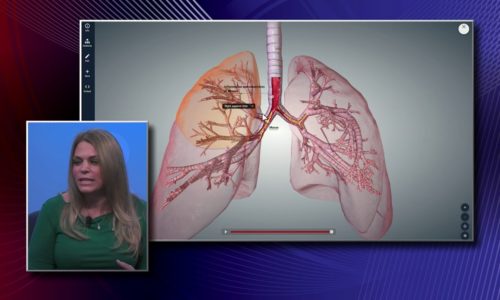Do I Have the Flu? (part two) |

Last week we talked about the symptoms and spread of influenza. This week, we will talk about the diagnosis, prevention, and treatment of influenza.
How is the flu diagnosed?
It is impossible to distinguish the flu from other infections based on symptoms alone. Having typical flu symptoms is certainly a good clue, but other infections sometimes mimic flu symptoms. There are tests available to diagnose the flu. All of the available tests require that your health care provider swipe the inside or your nose or the back of your throat with a swab that is then sent for testing. Different tests for the flu are available and the type of test used determines how quickly the results are available and how accurate the results are.
Can the flu be prevented?
Here are some things that you can do to prevent the flu:
- Get vaccinated – The best way to prevent the flu is by getting a flu vaccine every year. Everyone 6 months of age and older should get a flu shot, especially people at high risk for the flu and complications of the flu. While the flu vaccine is not 100% effective, every season influenza vaccines prevent millions of influenza illnesses, tens of thousands of hospitalizations, and thousands of deaths. In cases where people do get the flu after having the vaccine, they tend to have a much milder case of the flu.
- Avoid close contact with people who are sick.
- Wash your hands often. Soap and water work wonders to get viruses off your hands. If soap and water are not available, you can use an alcohol-based hand disinfectant.
- Avoid touching your eyes, nose, or mouth. The way the influenza virus causes infection is by entering your eyes, nose, or mouth, and sometimes that happens because your hand has the virus on it, and then touches your eyes, nose, or mouth.
- Keep your immune system strong. You can do this by getting plenty of sleep regularly, staying physically active with a regular exercise routine, and managing stress well. Eating a healthy diet and drinking plenty of fluids is also helpful.
- Clean and disinfect surfaces. Frequently touched surfaces at home, work, or school, should get a regular cleaning with a disinfectant product. This is especially true when you have a sick family member or coworker.
How is the flu treated?
There are now prescription antiviral medications that were developed specifically to treat influenza. These drugs need to be started within 48 hours of getting sick in order to provide the most benefit. Sometimes they are started even later if a person is severely ill, or is at high risk for complications. These medications will not work a miracle, but they can lessen the duration and severity of symptoms.
What should you do if you think you have the flu?
If you develop flu-like symptoms you should:
- See your doctor as quickly as you can in order to be tested for the flu.
- Other than seeing the doctor, you should STAY HOME! Don’t go to work; don’t go to social events; don’t go to the mall to finish your shopping. STAY HOME until you have been at least 24 hours without having any fever, and without taking any medication that brings fever down.
- Take over the counter medications to treat your symptoms. These medications will not prolong your illness. They won’t make it go away faster either. But they can help you feel a little better. Taking medication that makes your fever go down or your symptoms a little better does NOT mean that you should go to work or school. You will just make others sick, and make your symptoms last longer. Stay home!
- Get plenty of rest.
- Drink plenty of fluids.
- Do your best to keep yourself away from other members of the household in hopes of keeping it from spreading to the entire family.
If you have any more questions just Ask Hanna, our health advisors are here to help.
Dr. Anita Bennett MD – Health Tip Content Editor
Image: ©Shutterstock / Dragana Gordic








